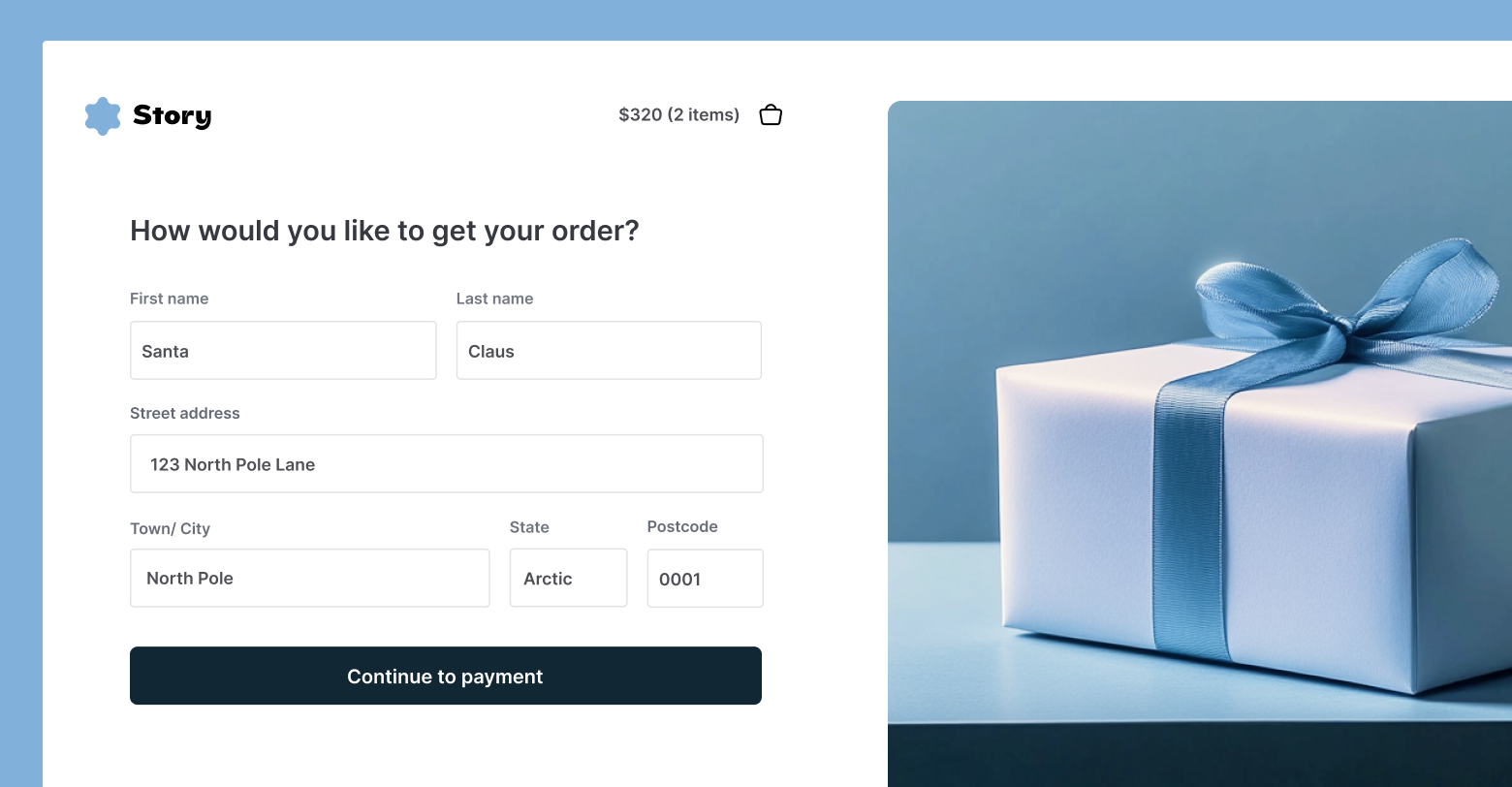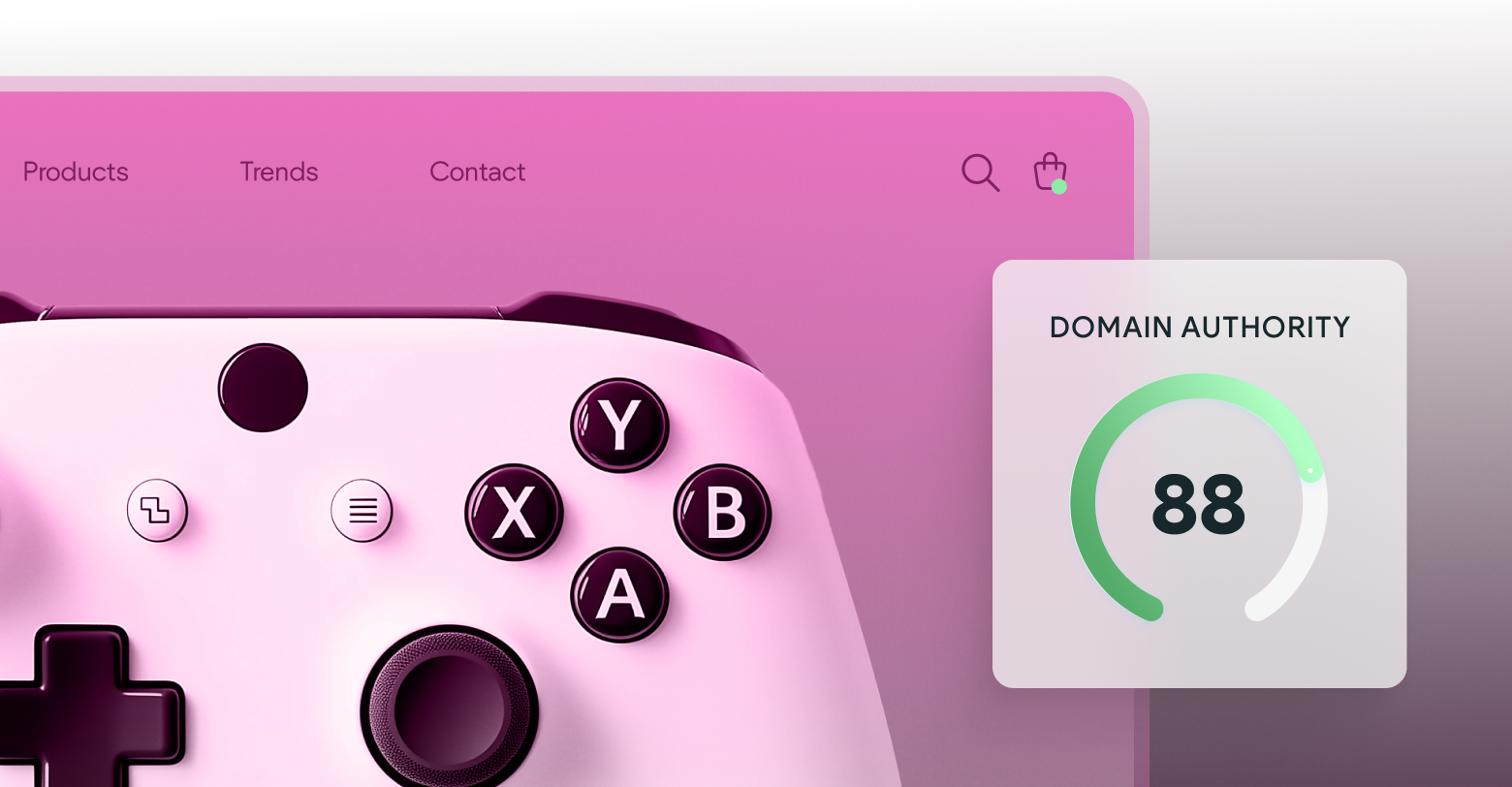These days, SMBs expect more and more from their digital marketing agencies, expectations that extend well beyond their core website. They want interactivity, advanced marketing automations, and, most importantly, eCommerce. SMBs look to their agencies as experts, and depend on their expertise to help grow their business.
With the holiday shopping season quickly approaching, agencies have the opportunity to leverage that expertise to help their clients grow in a brand new way; selling online. Whether your client is in retail, consulting, manufacturing—you name it—eCommerce can enable them to diversify their revenue streams, attract new customers, and grow their business.
What if they aren’t ready to sell online, though? eCommerce can be intimidating, for SMBs and agencies alike. In this article, we’ll help you and your client take the first step on this journey by identifying ten product types that they can start selling online today, regardless of their industry. These options are versatile, scalable, and adaptable for a wide range of customers.
1. Gift vouchers
One of the most scalable, low-maintenance product types your clients can sell are gift vouchers. These can typically be downloaded, eliminating the need for physical inventory or shipping costs. Additionally, almost any business can implement a gift voucher system of some kind.
Gift vouchers align well with the holiday shopping season, too, given that they can be, as the name implies, gifted. These vouchers may represent a certain amount of money that can only be redeemed at your business, or a product of some kind. A salon client, for example, may choose to offer vouchers for one haircut, while a pizza restaurant may offer vouchers for a medium, two-topping pizza.
Why it works: Vouchers are endlessly scalable, immediately deliverable, introduce little overhead, and generate instant cashflow for SMBs. They align super well with the holiday shopping season and can even spread brand awareness for your clients when gifted.
2. Subscription boxes
Subscription boxes have become a popular way for consumers to receive curated products regularly, often on a monthly or quarterly basis. They can be adapted to virtually any niche or industry.
- Beauty and wellness products: Skincare, cosmetics, or personal care brands can bundle products for recurring revenue.
- Food and beverage: Gourmet food, snacks, or wine boxes allow culinary brands to reach a wide audience.
- Hobby kits: Craft supplies, book clubs, or home gardening kits appeal to niche audiences with specific interests.
Why it works: Subscription boxes provide consistent revenue, strengthen customer loyalty, and encourage repeat purchases. They can help build a community around a brand, especially if the products inside are unique, personalized, or hard to find.
3. Branded merchandise
Your clients don’t need to be in the retail industry to start selling branded merchandise. In fact, branded products can help any business, from service providers to influencers, strengthen their brand and increase visibility.
- Apparel: T-shirts, hats, and jackets with company logos or taglines.
- Accessories: Mugs, phone cases, tote bags, or notebooks that align with the company’s brand identity.
- Limited-edition merchandise: Exclusive releases can create urgency and drive sales, especially for influencers or brands with a dedicated following.
Why it works: Branded merchandise promotes a company’s identity and builds stronger connections with customers. It’s also relatively low-cost and straightforward to create, with print-on-demand services handling production and shipping.
4. Local collaborations
Consumers love small businesses because of the ties to their communities. They feel real and authentic, backed by a person you can meet. That’s why collaborations between small businesses have become increasingly popular, they further that feeling of community—building brand and trust for both parties. Consider a coffee shop hosting a pop-up for a local clothing retailer, or a bakery collaborating with a local deli to offer sandwiches.
- Apparel: Local clothing brands can collaborate with your client to create custom apparel with their logo
- Accessories: Offer bespoke accessories like mugs or tote bags created by small businesses in your client’s community
- Blended products: Combine your clients product with another local business’s product to create a unique offering available only on their website
Why it works: Community collaborations strengthen the bond between a business and their neighbors, building upon the most sacred appeal of an SMB — their tie to the town.
5. Handmade products
Handmade products offer an authentic, personal touch that appeals to consumers who appreciate craftsmanship and unique goods. Many industries can tap into this growing market by offering handmade products that reflect their values or expertise.
- Artisanal goods: Jewelry, pottery, candles, or home décor made by hand.
- Fashion accessories: Scarves, bags, or custom clothing items with a handcrafted feel.
- Custom creations: Personalized gifts such as engraved items, painted portraits, or handcrafted furniture.
Why it works: Handmade products resonate with consumers who want more than mass-produced goods. They convey a sense of authenticity and uniqueness, making them ideal for businesses looking to connect with customers on an emotional level. Platforms like Etsy also provide easy-to-access marketplaces for handmade items.
6. Print-on-demand products
Print-on-demand (POD) is an attractive option for businesses that want to sell custom-designed products without maintaining inventory. POD platforms handle the printing, packaging, and shipping, allowing companies to focus on marketing and design.
- Apparel: Custom t-shirts, hoodies, or socks featuring unique designs or slogans.
- Home décor: Wall art, throw pillows, or mugs with personalized designs.
- Stationery: Notebooks, journals, or planners tailored to specific interests or industries.
Why it works: POD products provide a flexible, low-risk way to test new ideas without upfront costs. They can be a lucrative revenue stream for companies with a creative or artistic side, such as design agencies, influencers, or educational brands. Since POD platforms take care of logistics, businesses can scale easily as demand grows.
7. Eco-friendly products
Sustainability is becoming increasingly important to consumers, and businesses across industries can capitalize on this trend by offering eco-friendly products. These items appeal to environmentally conscious customers and align with the growing emphasis on ethical consumption.
- Reusable household items: Reusable bags, beeswax wraps, or silicone storage containers.
- Sustainable fashion: Clothing made from recycled materials, organic cotton, or eco-friendly dyes.
- Green home products: Solar-powered gadgets, energy-efficient appliances, or non-toxic cleaning supplies.
Why it works: Eco-friendly products not only cater to consumer demand but also position a brand as socially responsible. Businesses can promote their commitment to sustainability while offering products that solve practical problems. This product type can work well for any company that wants to appeal to a conscious consumer base.
8. Pet products
The pet industry is booming, with pet owners increasingly willing to spend on their furry companions. If your client’s target audience includes pet owners, offering pet products could open up a lucrative market. Even if your clients don’t work directly with pets, they can still benefit from an appeal to pet owners. Consider Subaru, an automotive company that
heavily targets pet owners.
- Pet apparel: Stylish clothing and accessories for dogs and cats.
- Pet care essentials: High-quality food, grooming products, or supplements.
- Toys and accessories: Interactive toys, beds, or travel gear for pets.
Why it works: Pet products tap into a passionate and loyal customer base. Pet owners are often willing to invest in premium products for their pets, and the emotional connection between owner and pet can drive impulse purchases. Brands that position themselves as caring about pets’ well-being will find strong demand.
9. Home and garden products
Home improvement and gardening have surged in popularity, particularly among consumers who are spending more time at home. Your clients can offer a variety of products to cater to homeowners or DIY enthusiasts.
- DIY home décor: Paint kits, furniture upcycling tools, or home organization solutions.
- Garden supplies: Seeds, planters, or irrigation systems for home gardeners.
- Smart home gadgets: Devices like smart thermostats, lighting systems, or home security cameras.
Why it works: Home and garden products allow consumers to enhance their living spaces, a trend that continues to grow as people invest in home improvement. These products can be sold as one-time purchases or bundled into kits for DIY enthusiasts, offering versatility in how they’re marketed.
10. Specialty foods
The specialty food market is vast and continues to expand as consumers seek out gourmet, organic, or unique culinary experiences. Your clients in the food and beverage industry – or even those in other sectors – can benefit from selling niche or artisanal food products.
- Gourmet treats: Chocolates, coffee, or baked goods that appeal to food lovers.
- Diet-specific products: Gluten-free, vegan, or keto-friendly foods for health-conscious consumers.
- Meal kits: Pre-portioned ingredients for customers to cook high-quality meals at home.
Why it works: Specialty foods are highly marketable, especially when targeted toward niche diets or unique flavors. They’re also a great way to build brand loyalty, as consumers who enjoy specific products are likely to return for repeat purchases. Offering subscription options for recurring deliveries can also create consistent revenue streams.
Duda makes eCommerce easy
Adding eCommerce capabilities couldn’t be easier with Duda. Take advantage of the same editing experience you know and love to create stunning, high-converting product pages. Then, enhance those pages with AI-generated product descriptions, SEO improvements, and more. Store management is easy too with advanced features like automatic taxation, in-store pickup, automatic shipping, and more.
Key takeaways for digital agencies
Helping your clients identify the right products to sell online can set them on a path to eCommerce success. As you can see from this list, there are countless opportunities, no matter the industry they’re in. When agencies leverage their expertise in digital marketing and eCommerce, they can expertly guide their clients in selecting and promoting products that align with their brand, meet market demand, and offer high profit margins.
Remember, the best products are often those that:
- Solve a problem or meet a need.
- Align with the brand’s values and audience.
- Offer scalability and potential for repeat sales.
- Have room for differentiation through customization or personal branding.
By helping your clients choose products from this list, you’re not only expanding their revenue streams but also building a stronger, more competitive brand for them in the digital space. This can ultimately increase client satisfaction and foster long-term partnerships, which is a win-win for both you and your clients.








